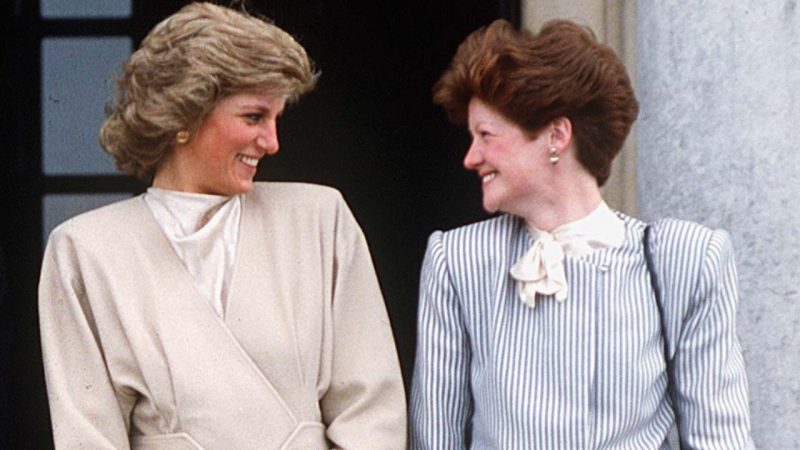The year is 1968 and the young, debonair Prince Charles is still a student at Trinity College, Cambridge. It was here that Charles would meet Camila, the lady who would go on to be his second wife and who is considered by many to be the true love of his life.
According to the book The Firm: The Troubled Life of the House of Windsor by Penny Junor, when he was a young prince, Charles received some wise advice from his great-uncle, Lord Mountbatten:
“In a case like yours, the man should sow his wild oats and have as many affairs as he can before settling down, but for a wife, he should choose a suitable, attractive, and sweet-charactered girl before she has met anyone else she might fall for … It is disturbing for women to have experiences if they have to remain on a pedestal after marriage.”
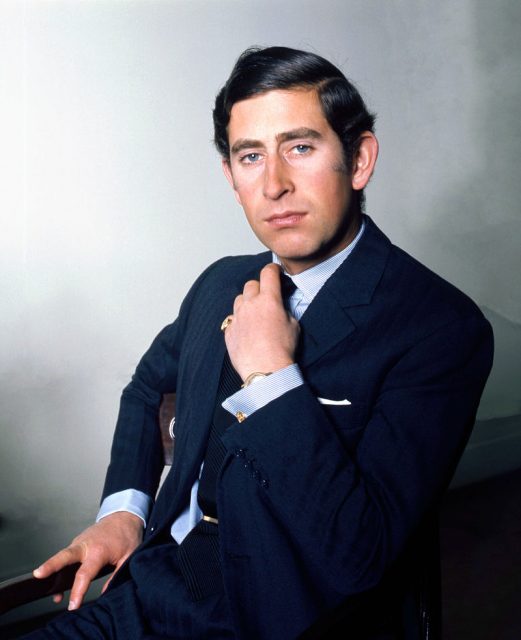
Back in 1968, the constraints imposed by Prince Charles’ royal status meant that Camilla was not deemed a suitable match for the would-be king, and so began a decade of trysts and short-lived romances that would see Charles date young women from across almost all aristocratic branches, falling for actresses and international beauties until the day he met Lady Diana Spencer.
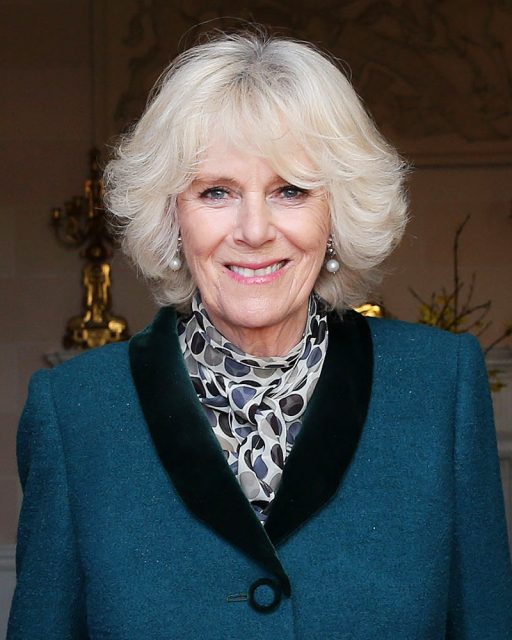
The UK press doggedly followed the story of Prince Charles’ love life and speculation was rife; every newspaper in the country wanted to be the first to break the story of who would be the future Princess of Wales.
Oddly enough though, one of his short romantic liaisons happened to be with Lady Sarah McCorquodale, also known as Lady Sarah Spencer, who was, in fact, Diana’s eldest sister.
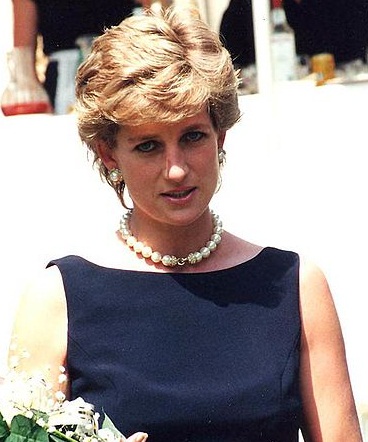
It was for a brief time in 1977 that Lady Sarah and the Prince were to embark on a whirlwind romance that would end in infamy.
The story goes that while holidaying with Prince Charles in the exclusive Alpine resort of Klosters, Lady Sarah made the acquaintance of a journalist and the two set plans for lunch in London.
The journalist who made that lunch date recalls in the Daily Mirror that Diana was also on this holiday and it is speculated that this is where Charles and Diana became acquainted.

By the time the lunch rolled around they were three in number, Sarah and two journalists, and Lady Sarah was surprisingly candid about her relationships not just with the prince but about her previous boyfriends and her battles with anorexia and alcohol. Of Prince Charles, she is famously quoted as saying she wouldn’t marry him “if he were the dustman or the King of England.”
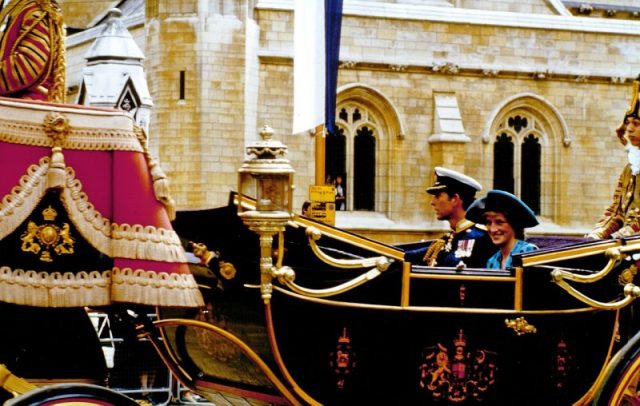
When the interview inevitably made the national headlines, the royal family went into crisis mode and Sarah was forced out. By her own recollection, when Lady Sarah showed Prince Charles the news article, the rather furious prince told her, “You’ve just done something incredibly stupid.”
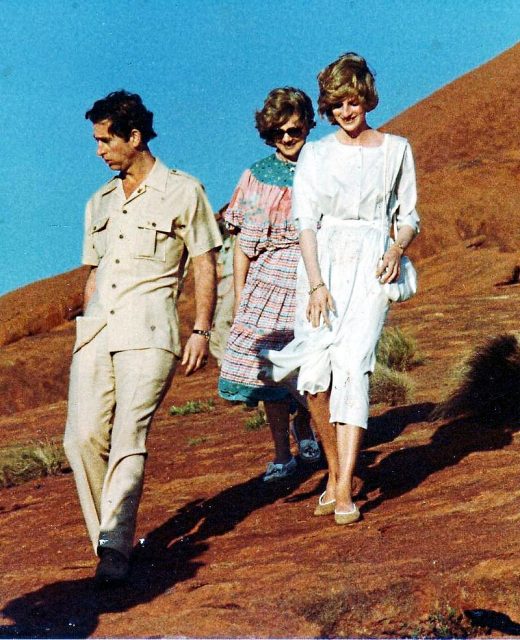
While Lady Sarah may have ruined her own chances of being queen she certainly opened the door to the throne through which her younger sister walked. Sarah, rather than being jealous or upset, appeared to revel in the union and is quoted in The Guardian from 1981 as saying “I introduced them. I’m Cupid.”
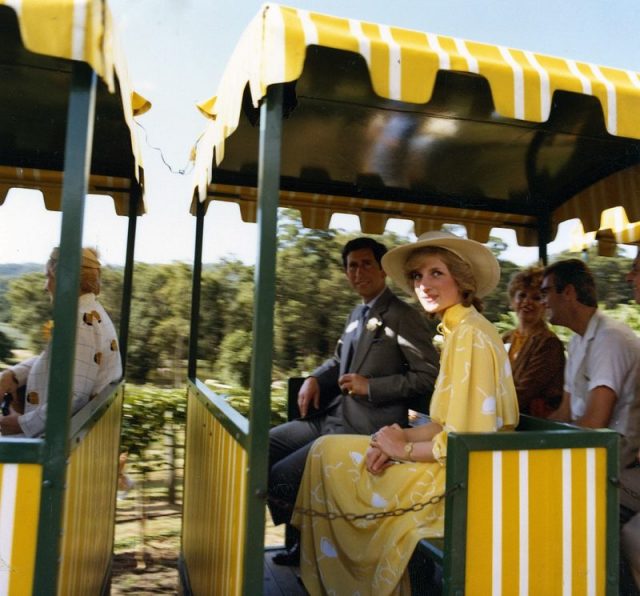
Some sources point towards animosity between Sarah and Diana after the proposal, but these claims are unsubstantiated, and Diana’s official biographer, Andrew Morton, has said that Sarah was one of the few people Diana felt she could trust.
This claim is further supported by the close relationship the two sisters maintained while Diana was going about her royal duties; Lady Sarah was one of Diana’s ladies-in-waiting for her official visits and had a significant role in the upbringing of her nephews.
In 1997 when Diana was tragically killed in Paris, Lady Sarah along with her younger sister Lady Jane accompanied Prince Charles on his journey to repatriate her body. Sarah was the co-executor of Diana’s will and was the president of the Diana, Princess of Wales Memorial Fund.
Lady Sarah still maintains a close relationship with both of her nephews and has a good relationship with their respective spouses.
